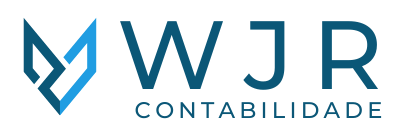In the ever-evolving realm of education, where details flows perfectly and access to A parachutists rate during a free fall reaches 65 meters per second. What is this rate in feet per second? At this rate, how many feet will the parachutist fall during 10 seconds of free fall? In your knowledge is just a click away, student-driven encyclopedias are becoming a dynamic device in the learning process.

These platforms not just give pupils with a database of info but additionally encourage them to contribute, edit, and curate content, promoting a collective and interactive knowing atmosphere.
As academic standards shift in the direction of more participatory and inclusive models, the concept of student-driven encyclopedias personifies this change. These systems equip students to become active individuals in expertise production, bridging the void between traditional textbook learning and modern digital resources.
The Idea of Student-Driven Encyclopedias
Student-driven encyclopedias are electronic systems where pupils jointly gather, verify, and disseminate details on a wide variety of subjects. Unlike traditional encyclopedias, which are commonly composed by experts, these platforms utilize the joint initiatives of students to create a detailed body of knowledge.

At their core, student-driven encyclopedias are developed to cultivate vital thinking, study abilities, and digital literacy amongst pupils. By participating in the process of material creation, students learn to browse and examine details critically, skills that are essential in today’s information-rich society.
Moreover, these platforms work as an area for trainees to discover their interests and share their proficiency. This autonomous technique to understanding creation makes certain that a varied series of viewpoints and voices are represented, enriching the finding out experience for all participants.
- Students gain hands-on experience in study and web content development.
- Motivates partnership and peer interaction.
- Advertises a deeper understanding of subject.
- Fosters inclusivity and diversity in knowledge representation.
Fundamentally, student-driven encyclopedias transform students from easy receivers of details right into active factors, instilling a sense of ownership and duty in their educational journey.
Benefits of Student-Driven Encyclopedias
Among the primary benefits of student-driven encyclopedias is the development of crucial 21st-century skills. As trainees engage in the procedure of web content production, they sharpen their critical reasoning, electronic proficiency, and communication skills, every one of which are critical in today’s interconnected world.
In addition, these systems encourage a collaborative discovering setting, where trainees can collaborate to validate info, argument different point of views, and co-edit write-ups. This peer-to-peer interaction not just enhances learning end results however also promotes a feeling of community and common regard amongst pupils.
Additionally, student-driven encyclopedias offer a system for showcasing trainee work. As pupils add to the encyclopedia, they build a profile of their research and writing, which can be important for additional scholastic and expert pursuits.
Challenges and Limitations
Regardless of the numerous benefits, student-driven encyclopedias likewise face particular obstacles. Making certain the precision and reliability of information is extremely important, student learning support as these platforms depend on contributions from students that may not yet have expert-level expertise.
- Keeping content quality and accuracy.
- Offering ample guidance and advice.
- Guaranteeing equitable accessibility and inclusivity.
To reduce these difficulties, several student-driven encyclopedias implement a system of checks and equilibriums, where web content is evaluated by teachers or experts prior to magazine. This makes sure that the info provided is both accurate and credible, upholding the integrity of the platform.
The Future of Student-Driven Encyclopedias
As technology continues to advancement and the landscape of education and learning develops, the possibility for student-driven encyclopedias is substantial. These systems have the capacity to not only complement typical academic resources but additionally redefine the method knowledge is acquired and shared.
In the future, we may see student-driven encyclopedias integrating advanced modern technologies such as artificial intelligence and artificial intelligence to enhance content curation and customization. In addition, they may expand past textual details to consist of multimedia content, providing a more immersive understanding experience.
Equipping the Next Generation
Student-driven encyclopedias hold the pledge of empowering the next generation of learners. By placing students at the helm of knowledge development, these platforms motivate long-lasting knowing, inquisitiveness, and intellectual freedom.
Finally, as instructional systems remain to introduce, student-driven encyclopedias stand as a testimony to the power of partnership and the significance of student firm in the understanding procedure. By embracing these platforms, we unlock to a more comprehensive, interesting, and vibrant instructional experience for all.





